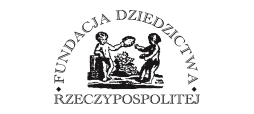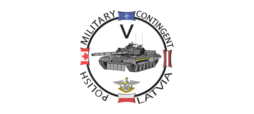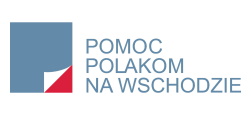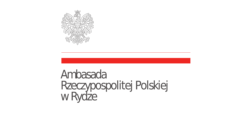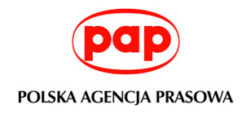
Polish Independence Concert in NATO Military Base in Ādaži (Latvia)
The concert will tell the history of Poles fighting for other nations’ freedom. A separate theme of the narrative was the brotherhood of Poles and Canadians during both world wars. We will also appeal to the community of Poles and Latvians since the accession of Livonia to the Polish–Lithuanian Commonwealth, Polish-Latvian military cooperation in 1920 and actions of Polish-Latvians to regain independence in 1989.
Date
20th September 2019
Time
8:00 PM
Place
Theater at NATO Military Base in Ādaži, Latvia
The first step in throwing off subjugation is to dare to be free; the first step to victory is to recognize one‘s own strength.
– Tadeusz Kościuszko –
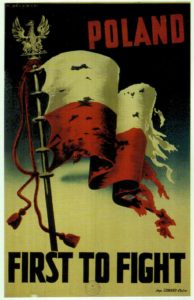
The theme of the edition is the service of Poles under foreign flags and their struggle for the independence of Poland, as well as the freedom of other nations. The repertoire and narration of the concert shows the extraordinary history of our compatriots – starting from the times of the Crusades of the Silesian Piasts, ending with the history of Lech Zondek, a Polish and Australian citizen, who fought against the Soviet Army in Afghanistan. Apart from General Józef Bem, distinguished for Poland, Austria, Hungary and Turkey, Tadeusz Kościuszko and Kazimierz Pułaski – national heroes of Poland and America, or Henryk Dąbrowski – the creator of Polish Legions in Italy, dozens of national heroes not mentioned in current history lessons will be reminded. We will also show the dramatic history of Poles forced to serve in hated uniforms of invaders and occupants. They never renounced their Fatherland, and many of them were later the members of newly created Polish armed formations.
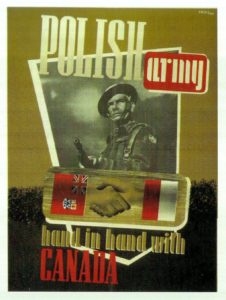
A separate theme of the narrative was the brotherhood of Poles and Canadians during both world wars. It was initiated by the establishment of the Polish training centre called Kosciuszko Camp in the town of Niagara on the Lake in 1917, where the Blue Army of Joseph Haller was formed. During the Second World War Canadians and Poles fought side by side many times. In 1942, during the unsuccessful invasion of Dieppe in France, the Polish ship ORP „Ślązak”, despite the British order of unconditional retreat, evacuated the Canadians from German fire. In 1944 the Canadians took part in the action of airdrops of weapons for the Warsaw Uprising.
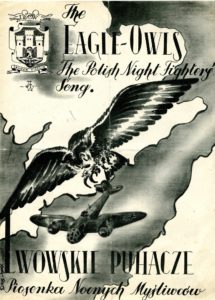
We will also appeal to the community of Poles and Latvians since the accession of Livonia to the Polish–Lithuanian Commonwealth, Polish-Latvian military cooperation during the liberation of Latgale and Daugavpils in 1920 and actions of Polish-Latvians to regain independence, including their participation in the Baltic Chain of Freedom on 23 August 1989.
During the eleven years of work on the Independence Concert, its creators developed their own musical style, which they called the hybrid music. It combines the original sounds of old hymns and songs with modern arrangements and instrumental compositions, using elements of classical, ethnic and electronic music, jazz, rock, reggae, blues, techno-house music and sung poetry. In these compositions are used also archival recordings and sounds of nature.
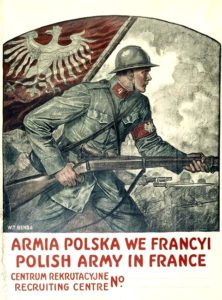
The repertoire of the Polish Independence Concert „Poland” will include hybrid arrangements of Polish anthems, military songs and bard songs, including a lyrical interpretation of Jacek Kaczmarski’s Nasza klasa (1983), jazz instrumental composition Enigma (2014) and a rock arrangement of Lwowskie Puchacze (1943), that is the anthem of the Night Hunting Squadron, famous for defending Exeter. The program will also include Gaude Mater Polonia (1253), Idzie Żołnierz Borem Lasem (14th century), Katyń (1985), Wąwóz Somosierry (1905), Piechota (1917), Karpacka Brygada (1941), Od Kłajpedy do Szczecina (1941), Czerwone maki (1944), Źródło (1978), and instrumental compositions Tęsknota (2010) and Nadir (2014).
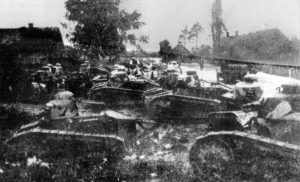
The musical director and vocalist of the Polish Independence Concert is the Polish-Canadian vocalist Ola Turkiewicz (singing). She will be accompanied on stage by Tomasz Bacajewski (singing), Marcin Riege (piano), Krzysztof Kowalewski (guitars), Paweł Jabłoński (accordion), Marcin Ritter (bas, contrabass), Piotr Krzemiński (trumpet), Karol Domański (drums), Siergiej Wowkotrub (first violin), Mikołaj Kostka (2nd violin), Malwina Kęsicka (viola) oraz Kinga Chudzikowska (cello).
Narration: Robert Czebotar
Music director: Ola Turkiewicz
Sound engineer: Kamil Bobrukiewicz
Direction and production: Jacek “Wiejski” Górski

